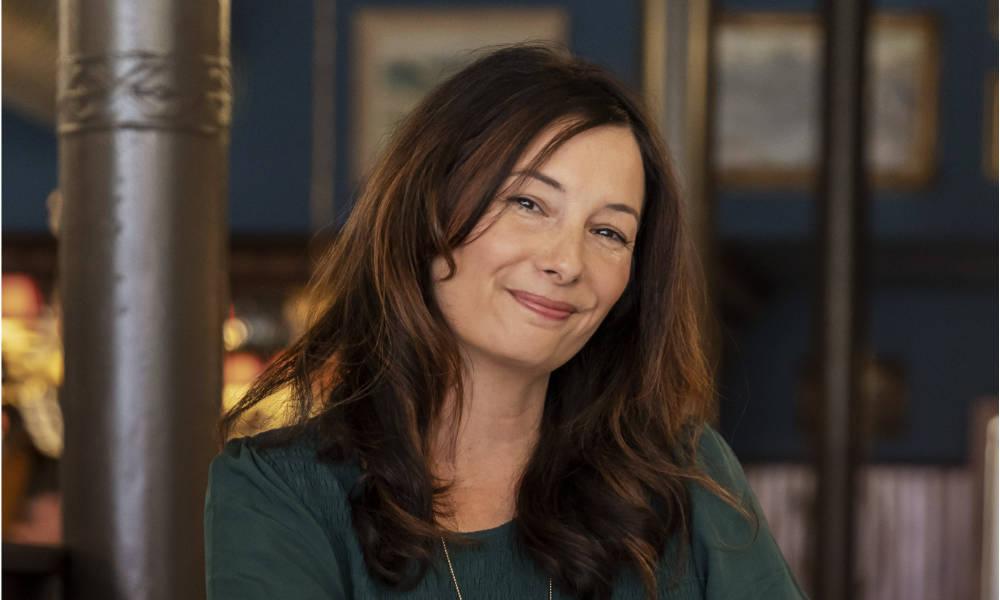If she had known where to look, the signs were there for Christina Cook to see.
One day, Cook left her mother’s bedside at a hospital – the day her single mother had suffered a heart attack – to gamble at a casino. It was the same day she won her first jackpot.
Cook was using gambling as a way to escape a reality that included a verbally abusive relationship she didn’t know how to manage.
“My abusive relationship kind of continued to get worse,”
Cook says during an interview with CDC Gaming, “I really just started leaning into gambling. I was winning a lot of money, but I was also spending a lot of money. I wasn’t tracking it. I started to juggle the bills and not pay everything when I should, because the finances started to become more like gambling money and not like real-life money.”
Cook sought and received help from Gamblers Anonymous. But the services provided were impersonal. To rectify that, Cook launched the Broke Girl Society, a judgment-free zone for women in recovery from problem gambling where stories can be shared and discussed. Featuring a bi-monthly podcast, weekly discussions, and a YouTube channel, Cook has reached over 3,000 women who share their experiences as problem gamblers.
Cook, who went to a Gamblers Anonymous meeting only to find it was solely men, said there was nothing wrong about it but she felt disconnected. There was no one at the meeting, she realized, like her.
“I knew women had been impacted as well,” Cook says.
Cook started sharing her thoughts and ideas on Instagram, and her community gradually grew. But too often, she saw that women were viewed through the same prism as their male peers.
Her own addiction to gambling was a symptom of the other issues she was experiencing. Cook was also diagnosed with cancer and lost the ability to have children.
“During this whole time, I never once understood that I was developing an addiction or a disorder around my gambling because again, I had no understanding of addiction,” Cook says. “I didn’t really grow up in an environment where I saw anybody struggling with addiction. Not to say it wasn’t happening. I just wasn’t raised around that understanding.”
Around Christmas time one year, Cook had still not bought presents for her family; she was struggling. She watched a television program that featured a woman talking about her food addiction – the anticipation, not being able to wait to eat, the euphoria, how the woman felt after the meal –and realized those symptoms applied to hers.
“I just connected with each one of those emotions the show highlighted, the food edition aspect,” Cook says. “And it was the first time that I really connected with what I was experiencing as an addiction. I’d never seen anything prior to that. I’d never heard a story of a woman who had struggled with gambling. I’d never really seen anybody talking about gambling addiction.”
After Cook confronted the issues that plagued her – notably being part of an addictive relationship – the urge to gamble dissipated.
“Once I started doing the internal work, the urge to gamble for me went away, because it was more about just me using gambling as a coping mechanism, just like some people would use alcohol as a coping mechanism, or substance as a coping mechanism,” Cook says.
Cook is not interested in bashing the gaming industry – she realizes it’s a Goliath that will never go away. Reducing the harm caused by gambling addictions is a more realistic and achievable goal.
“My real mission these days is really just trying to get the conversation out there about how women are impacted by gambling, instead of these little sound bites around sports betting and the very, very small niche of women who find gambling through their partners’ sports betting, which does happen,” Cook says. “I never want to not talk about that. But really, in the overall conversation about gambling, women are often left off the table. Like, anytime I try and broaden that conversation, they’re just not interested. Because, again, it doesn’t fit the popular narrative right now, which is sports betting. (There’s) a need for women-specific conversations to better understand the societal stigma around women and gambling. Those are the real barriers to care and treatment, just a lack of conversation around it, a lack of understanding around it.”



